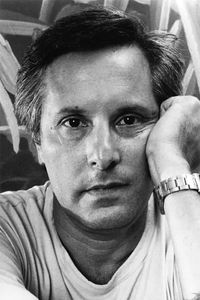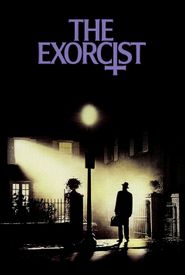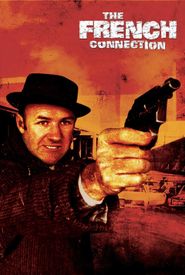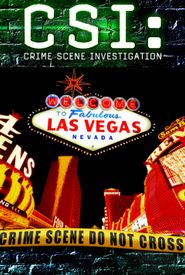The early life of William Friedkin, a renowned filmmaker, was shaped by his parents' unconventional occupations. His mother, an operating room nurse, provided a steady and caring influence, while his father, a merchant seaman, semi-professional softball player, and eventually a sales associate at a men's discount chain, struggled to make ends meet. Despite his father's modest earnings, never exceeding $50 a week throughout his life, and ultimately passing away in poverty, Friedkin's family instilled in him a strong sense of resilience and determination.
Friedkin's fascination with the world of cinema began at a young age, particularly after watching Orson Welles' masterpiece, "Citizen Kane" (1941). This formative experience sparked a deep-seated passion that would guide his future endeavors. Upon graduating from high school, Friedkin secured a job at WGN TV, where he began producing documentaries, one of which received the prestigious Golden Gate Award at the 1962 San Francisco film festival.
In 1965, Friedkin made the bold decision to relocate to Hollywood, where he quickly established himself as a talented television director. His early work included an episode of the esteemed series "The Alfred Hitchcock Hour" (1962),a project that would later earn him a memorable rebuke from the master of suspense himself, Alfred Hitchcock, who famously chastised Friedkin for his lack of a tie.



















































































